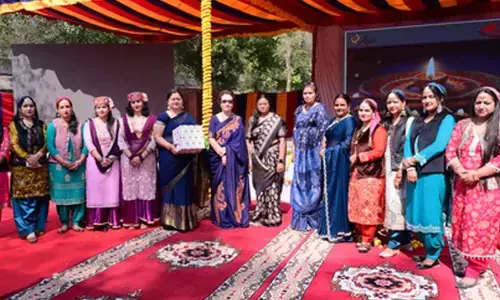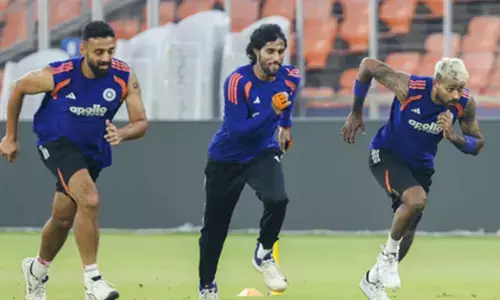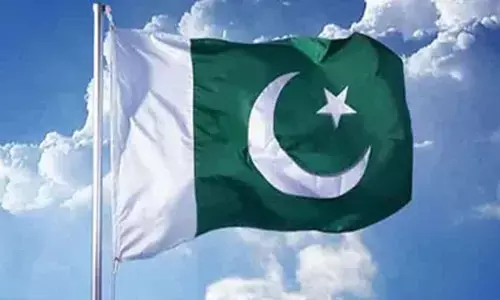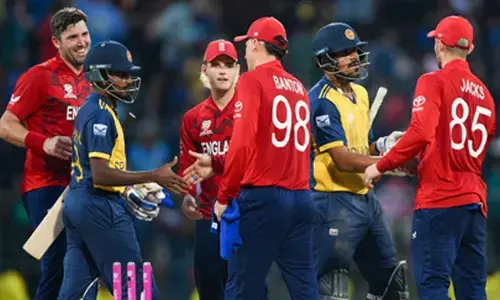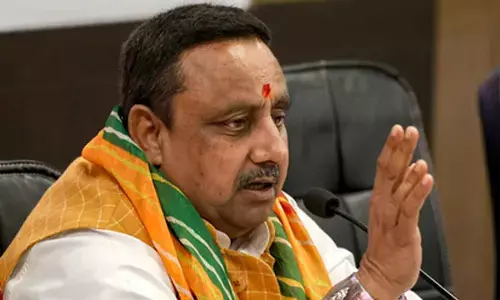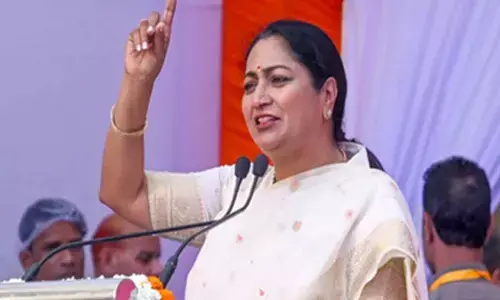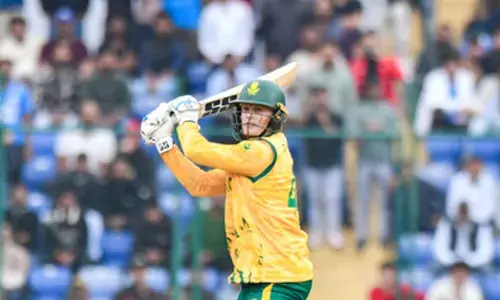All politicos must commit to free press
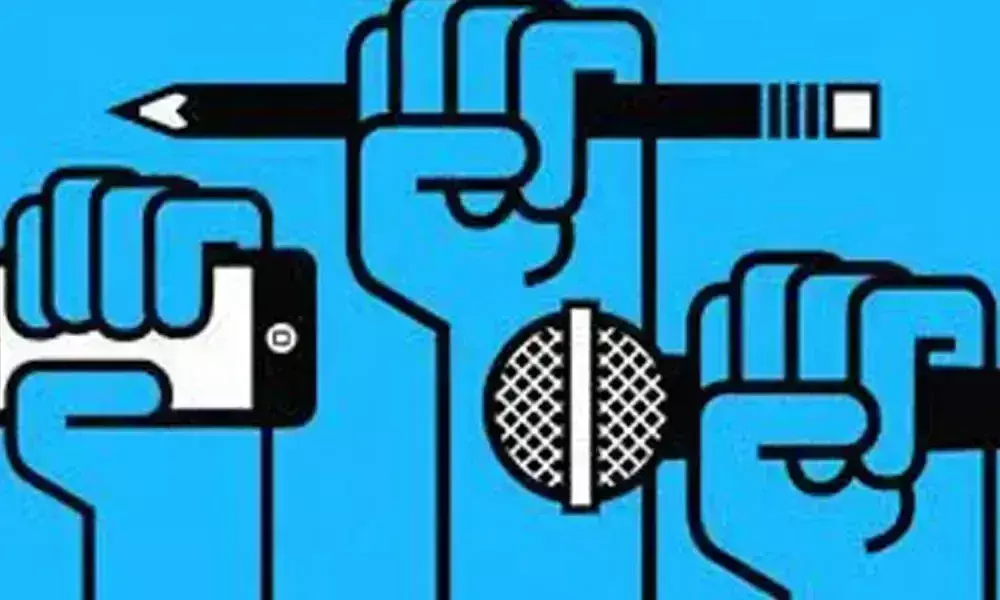
Press freedom is one of the most fundamental pillars of democracy.
Press freedom is one of the most fundamental pillars of democracy. The absence or weak presence of a strong media emboldens the rise of populists and demagogues in the society, imperilling the very values that a democracy stands for. Even in developed countries with strong democratic institutions, influential leaders make concerted attempts to muzzle the media to kowtow to their whims and fancies. Going by the recurrence of such attempts, one can say media has never been in such a peril before.
By media, we mean it encompasses the whole spectrum i.e., print media, electronic media, and the social media that thrives on the web. Then, why must it be free at all? Free press ensures transparency, informs public about operations of government or happenings in society in an objective manner, helping make an informed decision. It also keeps close tabs on matters of public concern. Certainly, it puts checks on excess of abuse of power.
However, it is essential to remember in the words of the famous French philosopher, litterateur and Nobel laureate Albert Camus, that, “A free press can, of course, be good or bad, but, most certainly without freedom, the press will never be anything but bad.” Such noble utility of the free press enjoins on everyone to protect its freedom for honest and fact-based journalism. Former US President Ronald Reagan put it aptly thus: “The objective I propose is quite simple to state: to foster the infrastructure of democracy - the system of a free press, unions, political parties, universities - which allows a people to choose their own way to develop their own culture, to reconcile their own differences through peaceful means.”
Recently, the Modi government took a controversial decision to set up Fact Check Unit under Press Information Bureau as the designated body to flag misinformation about Central government departments to social media platforms. Under the IT Rules of 2021, social media platforms could lose the legal liability protections they enjoy for content posted by users, if they choose to keep notified misinformation available online. The move came just ahead of the elections. The provisions and nature of such a unit raised the eyebrows of several civil society groups, including Editor’s Guild of India. Some moved the Supreme Court of India which put it on hold. The seriousness and adverse fallout of the government action can be understood from what the apex court said: “The challenge to the validity of 3(1)(b)(5) (of IT Intermediary Guidelines and Digital Media Ethics Code Rules 2021) involves serious constitutional question and the impact of the rule on free speech and expression would need to be analysed by the high court.” In another instance, the apex court highlighted the problem of pre-trial injunctions from courts against the media and civil society, which impinge on free speech and public’s right to information about key matters. “The constitutional mandate of protecting journalistic expression cannot be understated, and courts must tread cautiously while granting pre-trial interim injunctions,” the top court said. India slipped to the 161st rank in terms of press freedom out of 180 countries in 2023, as against 150th rank in 2022. Tax raids on BBC, arrests in the case of NewsClick, curbs on foreign journalists etc., impaired the government image. While giving hope to the public about Viksit Bharat and India as a developed country, politicians, especially those in power, must defer to the Constitution as well as top importance given to free press in developed societies. Congress, too, must not forget the emergency-era repression.
The press, too, shall keep in mind that its freedom cannot violate a person’s “inherent” right to reputation and that investigative journalism does not enjoy any special protection or immunity. Read the ruling by Bombay High Court this week.


